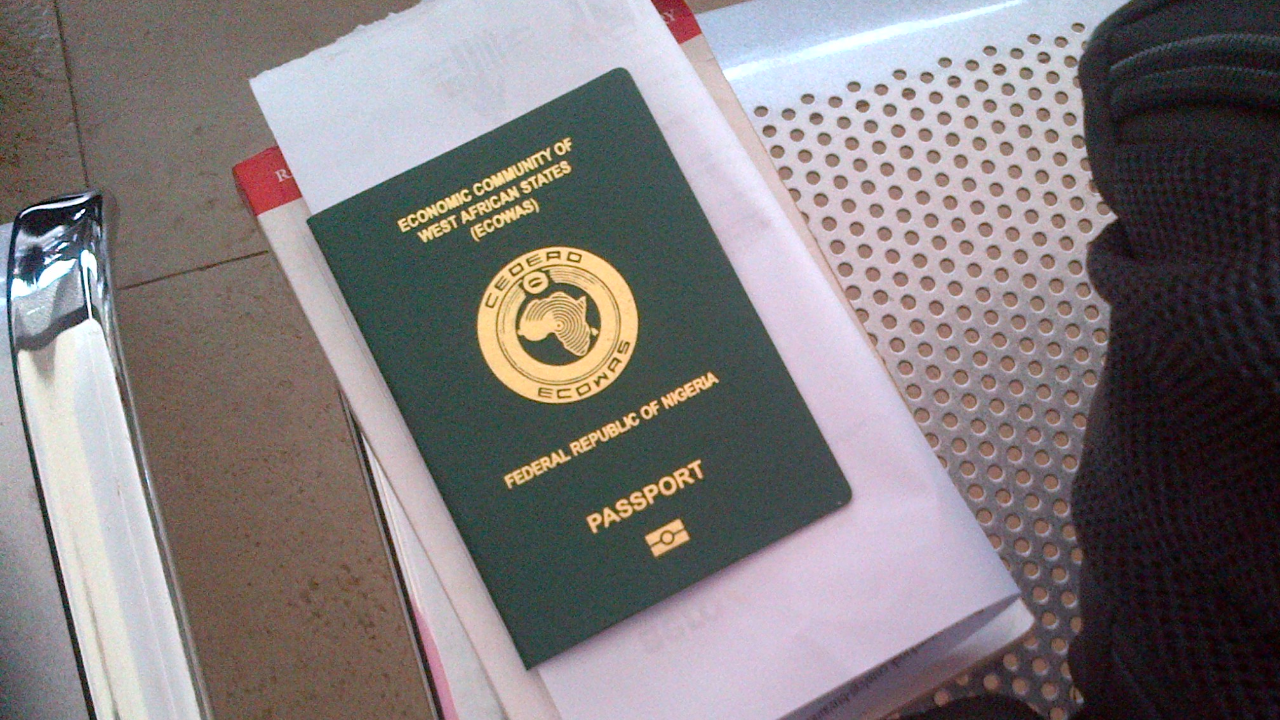- FG Restricts Issuance of Visa to Foreign Engineers
The Federal Government on Tuesday announced that it had commenced the restriction of the issuance of visas to foreigners seeking to take up engineering roles in Nigeria in order to free up more jobs for Nigerians and improve local content.
It said it had also approved two key regulations for Nigeria’s engineering/construction sector, namely Regulation on Licensing of Engineering Firms and Regulation on Construction Industry.
Speaking in Abuja at the 27th Engineering Assembly of the Council for the Regulation of Engineering in Nigeria, President Muhammadu Buhari said the restriction of visas to foreign engineers was enforced by the Ministry of Interior in compliance with Executive Order 5, which he signed recently.
Buhari, who was represented by the Minister of Water Resources, Suleiman Adamu, told participants at the event that the Federal Government was serious about the Executive Order and would ensure that it was strictly enforced.
Buhari said, “I recently signed the Executive Order 5, which states that procuring authorities shall give preference to Nigerian companies and firms in the award of contracts, in line with the Public Procurement Act 2007.
“The implementation of this order has started and as expected some of its attendant benefits, including the promotion of science, technology and innovation in several centres of the economy, are beginning to manifest.
“Directly connected to these benefits is the fact that the Ministry of Interior has now restricted issuing visas to foreigners seeking to take up engineering roles in the country. Overall, the proclamation of Executive Order 5, meant to improve local content and free up more jobs to Nigerians and give them increased access to procurement opportunities, is achieving its intended purpose.”
Buhari, however, observed that the absence of up-to- date engineering curriculum in tertiary institutions in Nigeria to reflect the current global trend in engineering had drastically reduced the competitiveness of Nigerian engineers.
“There is a disturbing gap between engineers trained in Nigeria and those trained abroad. Hence the need for universities to churn out quality and well-trained professionals,” he said.
On the approved regulations, the President, COREN, Kashim Ali, stated that they were approved by the Minister of Power, Works and Housing, Babatunde Fashola, and would be implemented by the council.
He said, “Let me at this point acknowledge the efforts of the Minister of Power, Works and Housing, Babatunde Fashola, for the approval of two vital regulations recently. These are the Regulation on Licensing of Engineering Firms and the Regulation on the Construction Industry.”
Ali stated that the regulation on licensing would provide for the licensing of various companies, such as consulting engineering firms, engineering contracting firms, engineering manufacturing and production companies.
Others are companies that are into engineering service provision, selling of engineering machines, plants and materials; and fabrication/repair and maintenance firms.

 Forex3 weeks ago
Forex3 weeks ago


 Naira2 weeks ago
Naira2 weeks ago
 Billionaire Watch2 weeks ago
Billionaire Watch2 weeks ago




 Naira3 weeks ago
Naira3 weeks ago




 Naira2 weeks ago
Naira2 weeks ago




 Naira1 week ago
Naira1 week ago




 Naira4 weeks ago
Naira4 weeks ago




 Naira4 weeks ago
Naira4 weeks ago






















